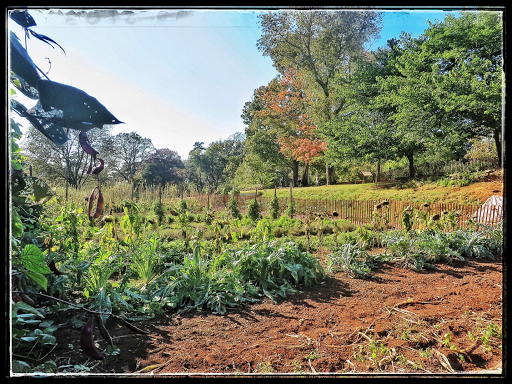"When it starts to hurt, slow down!" KB wrote on the white board as we were reading our short character studies. She told us the advice was from one of her best professors and meant that once you really feel something as you're writing about it, the tendency is to hurry past the painful parts, particularly in memoir. Your pain however often yields the best writing so instead of hurrying past, linger, cry and write down everything you feel.
I pick the pleasant things to remember and write about my family and friends and leave out the bad stuff because I don't trust my memory to be absolutely accurate. In fact, I know much of what I remember is my own version of what actually happened. If I experienced the same events today I would probably interpret them quite differently than I did as a self-absorbed and uninformed youngster reacting mostly with emotion and very little reason. When I meet with my life-long girlfriends and they discuss things we did as teens, I recognize the stories, but in my memory, I've edited out the bad stuff. They remember it differently than I do and probably more accurately because they tell and re-tell the stories to each other thereby keeping the facts from getting too distorted because time and distance has gotten into the mix.
KB introduced us to the concept of "perhapsing" at our last class. If you only know half the story (and your version of it) but think you know the whole thing, you can preface it all with a "perhaps"....then you're not saying the event literally happened as you remember it. Handy phrases to use are "It could well be....", "I suppose...", It may have been..."
From an article in The Atlantic, Nov. 18, 2013. "How Many of Your Memories are Fake?" by Ericka Hayasaki.
"For all of us, the stronger the emotion attached to a moment, the more likely those parts of our brains involved in memory will become activated. As McGaugh told me, you wouldn't remember every commute you took to work each day. But if along one you witnessed a deadly crash, you would likely remember that one. Memories that stick with us are tinged with emotion.
“Why did evolution do that?” McGaugh said. “Because it was essential for our survival. An animal goes to the creek and gets bitten by a tiger but survives, the animal knows it’s a good idea not to go to that creek again.”
KB introduced us to the concept of "perhapsing" at our last class. If you only know half the story (and your version of it) but think you know the whole thing, you can preface it all with a "perhaps"....then you're not saying the event literally happened as you remember it. Handy phrases to use are "It could well be....", "I suppose...", It may have been..."
From an article in The Atlantic, Nov. 18, 2013. "How Many of Your Memories are Fake?" by Ericka Hayasaki.
"For all of us, the stronger the emotion attached to a moment, the more likely those parts of our brains involved in memory will become activated. As McGaugh told me, you wouldn't remember every commute you took to work each day. But if along one you witnessed a deadly crash, you would likely remember that one. Memories that stick with us are tinged with emotion.
“Why did evolution do that?” McGaugh said. “Because it was essential for our survival. An animal goes to the creek and gets bitten by a tiger but survives, the animal knows it’s a good idea not to go to that creek again.”
Here's an interesting presentation on how memory, like liberty is a fragile thing. We have at least one family member whom we believe harbors false memories as a result of the psychotherapy mentioned in this Ted Talk.








 A
A








































